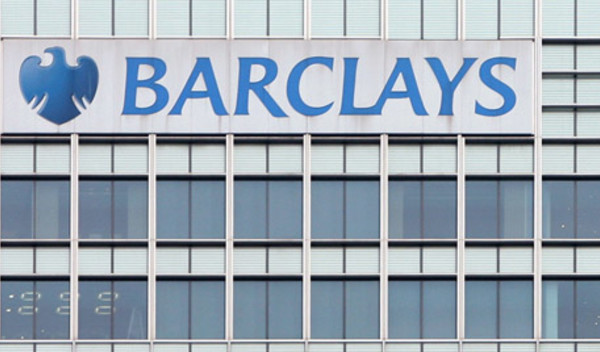

The Financial Conduct Authority hasslapped a record UK regulatory fine of £284m on Barclays Bank for ‘failing to control business practices’ in relation to the manipulation of foreign exchange markets.
This is the largest financial penalty ever imposed by the FCA, or its predecessor the Financial Services Authority.
The bank’s failure adequately to control its FX business was deemed particularly serious in light of the potential impact on the systemically important spot FX market.
The failings occurred throughout Barclays’ London voice trading FX business, extending beyond G10 country spot FX trading into emerging market spot FX trading, options and sales; undermining confidence in the UK financial system and putting its integrity at risk.
Georgina Philippou, the FCA’s acting director of enforcement and market oversight, said that this is another example of a firm allowing unacceptable practices to flourish on the trading floor.
“Instead of addressing the obvious risks associated with its business Barclays allowed a culture to develop which put the firm’s interests ahead of those of its clients and which undermined the reputation and integrity of the UK financial system.”
Between 1 January 2008 and 15 October 2013, Barclays’ systems and controls over its FX business were inadequate, the FCA said.
Barclays and other firms are already participating in an industry-wide remediation programme to ensure that they address the root causes of the failings in their FX businesses, with senior management at the bank taking responsibility for delivering the necessary changes.
Going into more detail on the failings, the FCA said Barclays’ primarily relied on its front office FX business to identify, assess and manage the relevant risks – however the front office failed to pick up on obvious risks associated with confidentiality, conflicts of interest and trader conduct.
Barclays engaged in collusive behaviour, according to the regulator, in which traders from different banks communicated through electronic messaging systems, with one chat room participant referring to himself and others as “the 3 musketeers” and commented “we all die together”.
The information obtained through these groups helped traders determine their trading strategies, attempting to manipulate fix rates and trigger client ‘stop loss’ orders, which are designed to limit the losses a client could face if exposed to adverse currency rate movements.
The FCA also found examples of inappropriate sharing of confidential information by spot FX traders and sales staff, including sharing client identities and information about client orders.
The failings in Barclays’ FX business persisted despite similar control failings in relation to Libor and gold fixing, which were the subject of previous FSA and FCA enforcement actions.
Barclays settled at stage two of the FCA’s investigation, qualifying for a 20 per cent discount – without this, the FCA would have imposed a financial penalty of £355m.
peter.walker@ft.com



